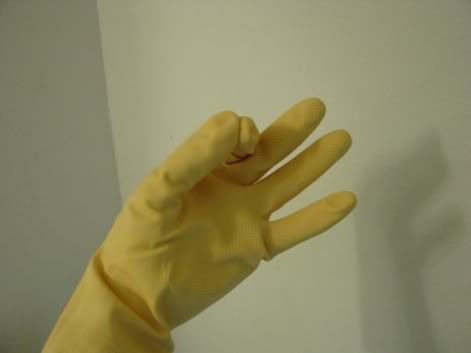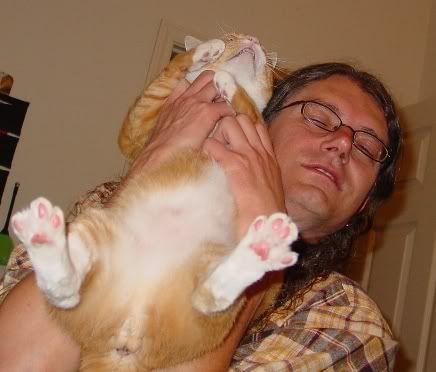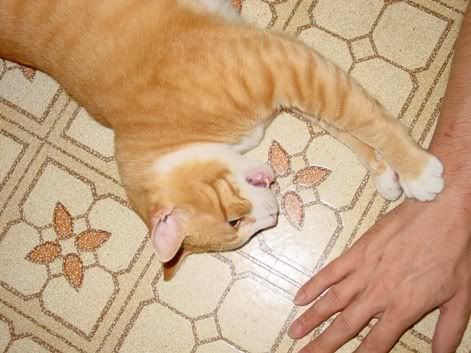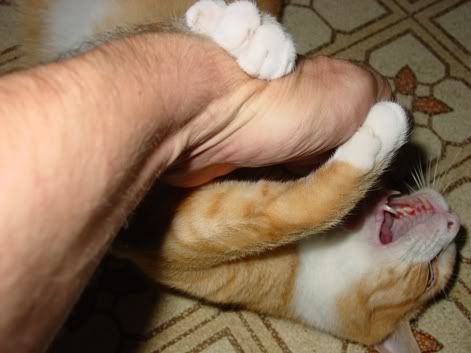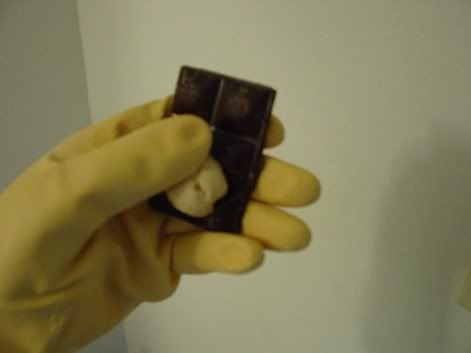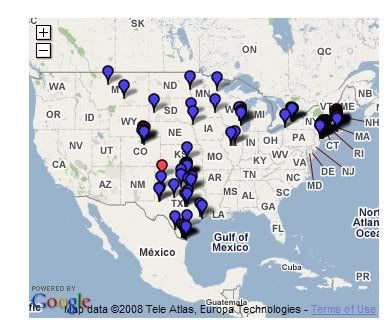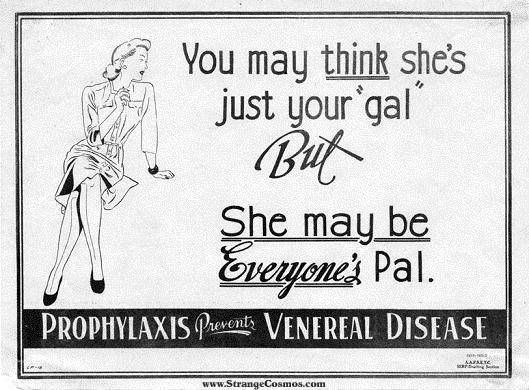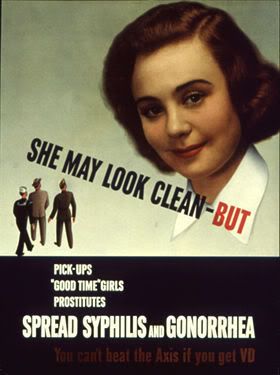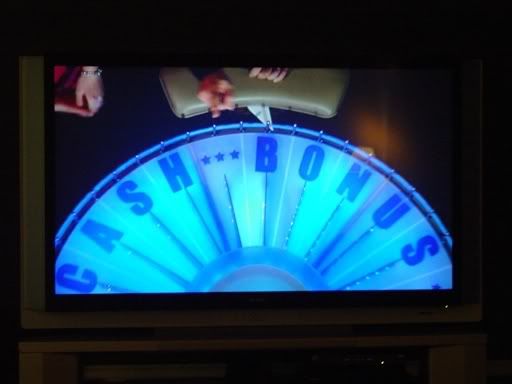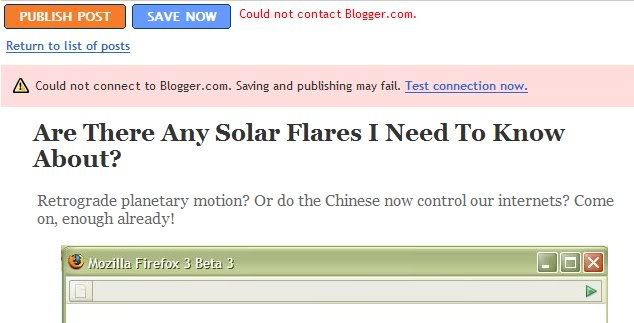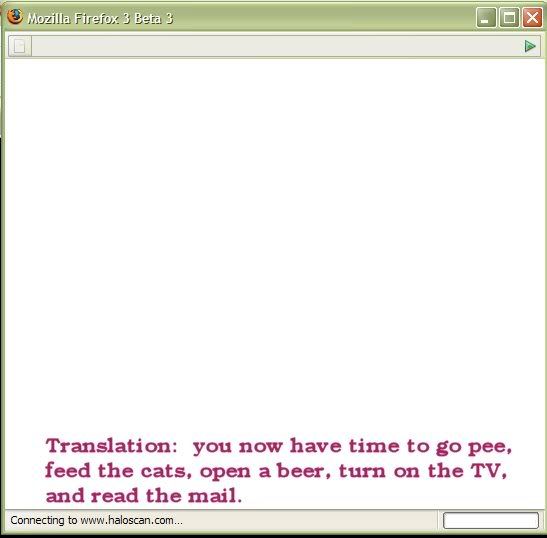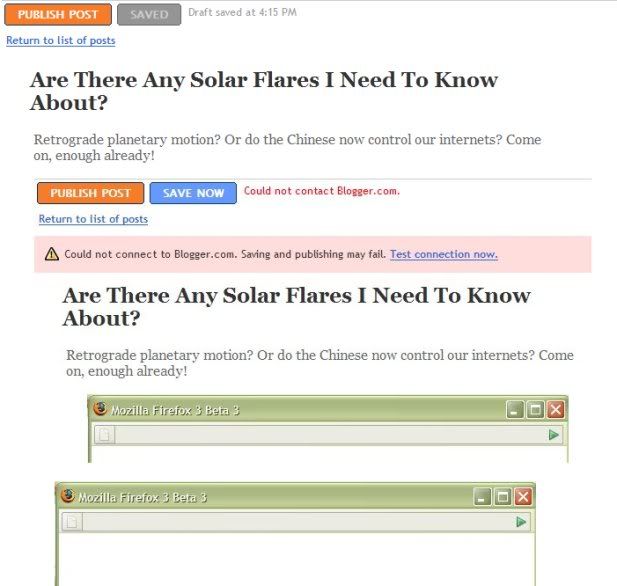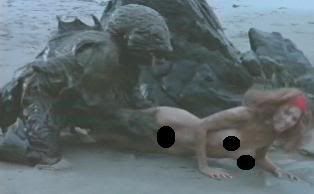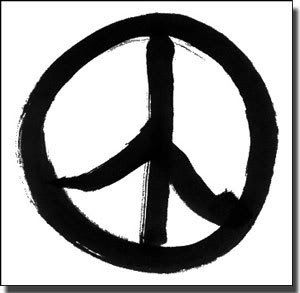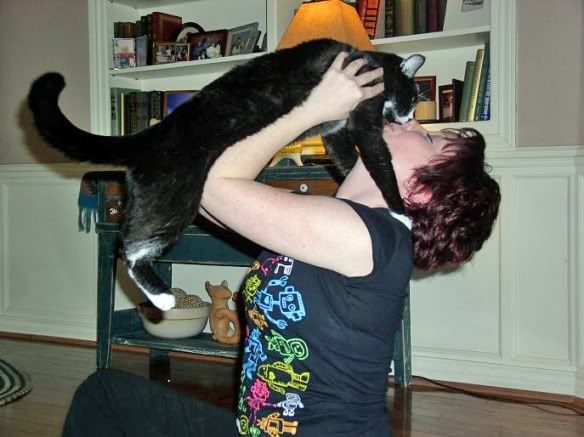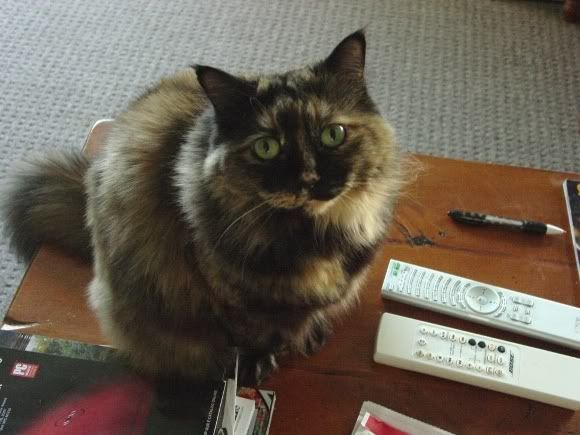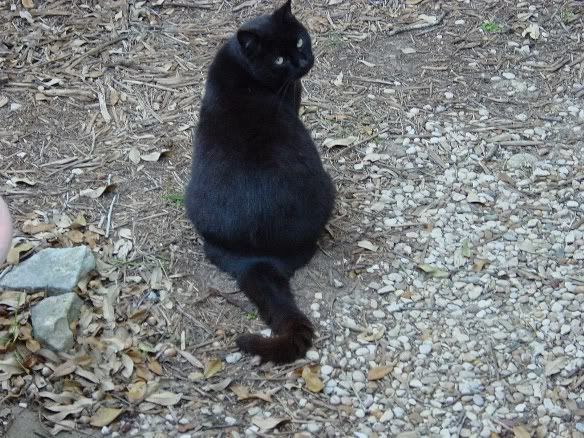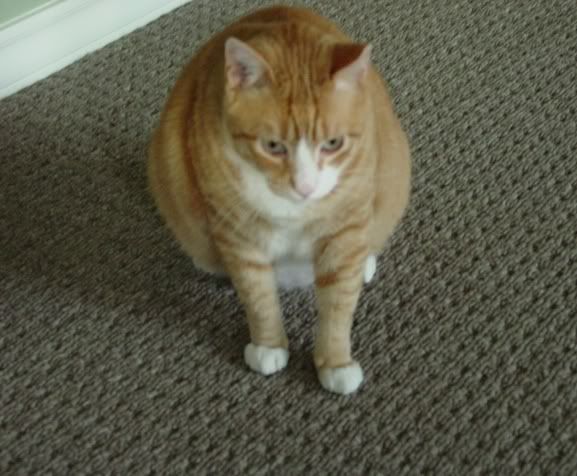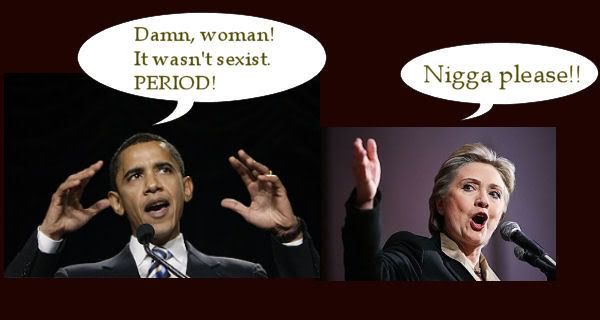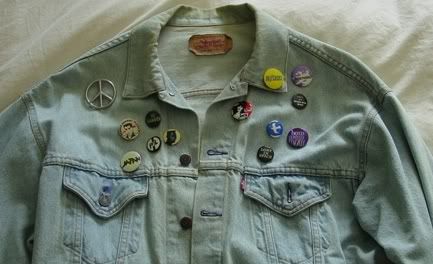This has been one strange week which passed in a blur. I've seen weeks drag one slow day at a time, and I've seen weeks zip by, but this one has to have set a record for speed. Monday morning came and then suddenly it was Friday afternoon.
It wasn't a fun week either. I've had better. In fact, if I had to choose between the week I lost my job and this one, I'd rather deal with a job loss.
Just for the hell of it, I'd like to recap a bit of my history, my belief systems, philosophy, whatever.
Let's start with me being a
privileged white male. Yes, that certainly gives me a leg up in society. But it's not as if I routinely run around aggressively taking advantage of it, or smearing it in the faces of others intentionally. And I certainly don't have a plaque proudly displayed on my mantle in the den to remind everyone of just how great it is to be a chest-thumping male.
I have never counted myself as a member of that privileged group of males who have a grip on power. Perhaps that's my first problem. My life would be a hell of lot better of the surface if I had embraced it. On the contrary, it would be safe to say I have done a pretty damn good job throughout my adult life of distancing myself from the patriarchy.
I am still pissed off and have been for about 32 years -- since 1976 when no states ratified the
Equal Rights Amendment after a promising start when 22 of the required 38 states ratified it in the first year. Basically, I cite that amendment as the beginning of my political activism. I was/am angry and frankly, embarrassed that in the United States of America we could not pass a constitutional amendment granting equal rights & protections to women.
And the irony of a woman leading the opposition was boggling my mind.
Arguments by ERA opponents such as Phyllis Schlafly, right-wing leader of the Eagle Forum/STOP ERA, played on the same fears that had generated female opposition to woman suffrage. Anti-ERA organizers claimed that the ERA would deny woman’s right to be supported by her husband, privacy rights would be overturned, women would be sent into combat, and abortion rights and homosexual marriages would be upheld. Opponents surfaced from other traditional sectors as well. States’-rights advocates said the ERA was a federal power grab, and business interests such as the insurance industry opposed a measure they believed would cost them money. Opposition to the ERA was also organized by fundamentalist religious groups.
God! Read that paragraph twice and if it doesn't piss you off, then you are probably reading the wrong blog.
The list of
unratified states looks pretty familiar when it comes to rejecting progressive causes.
Another notable and interesting disappointment for me was in 1982 when Hillary Rodham made the decision to take the Clinton name. I'm not faulting her or any woman for doing it if that's what you want. It's your business. But, Hillary was seen as taking his name in order to help Bill win an election in which significant numbers of voters felt it was inappropriate for her
not to take his name. The unspoken message being a widely-held view that a woman's place is with and subservient to -- or owned by -- her husband. I was appalled then and I'm appalled now. [Read the
second blockquote in this piece.]
During this same time, I was coming to grips with my homosexuality, and when I learned that much of the opposition to the ERA was due to the possibility it might grant equality to gays and lesbians, I was even more bitter about the opposition.
Being gay was not easy while living in a repressive environment AND a family with a bias against it. I recall an incident while in my early teens when my parents had some of their friends over and somehow the topic of homosexuality came up. A friend of my mother's had a reaction along the lines of "ewwwwwww." Yes, I may have been a privileged white male in the making but I was a lowly disgusting faggot beneath my skin, first and foremost.
As years passed, I moved on to college and began entering the work force taking part-time jobs here and there both during and after college. One of the reasons why I struggled for nine years getting a very basic degree in liberal arts was because I could never quite reconcile who I was with what I thought I wanted to become. And while the idea of getting a business degree (what my parents wanted) always sounded good, the reality was that I was repulsed by it. It was a man's world, filled with guys in white shirts, dark jackets and subdued neckties. And they all had those perfect, uniformly consistent haircuts too. Men seemed just a cohesive and professionally presentable package of which I wanted no part.
My beliefs and feelings were only reinforced in the sporadic jobs I did have during those years. This may be a sexist statement but I never liked working for a man. I'm not sure I ever tried to analyze it to determine why, but it was uncomfortable for me. I never felt 100% male; I didn't fit the mold of how a 24-year-old male was expected to look, act, dress, or behave. I knew I was never going to marry, have kids, kick back a few beers watching football with the guys, or play a round of golf with the boss. It was
not going to happen.
I also felt uncomfortable in the male environment. Men were prone to making sissy jokes here and there. The occasional slur was common. And I never opened my mouth once for fear of rejection, being ostracized, or losing the job I hated anyway. And because I was a sissy, I didn't really relish the possibility of ever getting beat up. So I stayed under the radar as much as possible.
I handled work environments much better if my supervisor was a woman. I was far more relaxed although still not open. But I never felt nearly as repressed around women. One of the more enjoyable and stable work situations I had was in the office of a health care service which provided in-home care to patients. Our office never received incoming visitors so it was a casual and fun climate. Although I was only doing clerical work, typing, filing, etc., it was fun because the other workers were fun and laid-back, and we actually had some common interests.
And guess what? I got fired. Not for insubordination; not for being inept with my work; not for stealing any equipment or violating any company codes. The corporate office sent a couple of senior level guys in (white guys, dark suits) just to check in and see how things were running. Apparently, my attire at the time didn't look acceptably professional -- particularly my orange shirt -- and despite the fact that this office never received clients or guests. I'm sure having a small gold hoop earring didn't escape the notice of this suit either. So my supervisor was instructed to get rid of me.
Welcome to the corporate working world. Nice.
Sure, I could have done with my fashion what I did with my sexual orientation: repress it. However, I decided right then and there, no fucking way. I was not about to live life as a repressed homosexual AND give out the false illusion that I was a normal everyday white male working in a white man's world.
That, in a nutshell, summarizes what my life was like between 1980 and 1990. Hopping around from job to job, city to city, until I could find my place and not feel like I was having to sell my soul for a paycheck.
Women are routinely discriminated against in work environments. That's pretty obvious. I will never know firsthand what kind of feelings or emotions a woman is having while she's "periodically down and feeling sad" but what I can certainly identify with is the feeling of gross injustice in the face of discrimination, and ridicule for being less than a man. I may not hear their dog-whistles, or interpret them the same way. But in the end I believe we have a common understanding of the unfairness and the hostility which often rears an ugly head when we don't conform to the ideals and assume our proper (assigned) place in society.
I try to imagine how I would hear a man in a debate who suggested I turn negative when I'm periodically down and feeling sad. And my actual first reaction is to be pissed off, as a man. It sounds condescending to me. And not having had discrimination for the same reasons as women, I can't say with certainty if I had been watching that actual exchange between Obama and Clinton live, I would have immediately heard it as a low-road dig at being a woman and therefore, less than a man because she has those times of the month.
My objectivity is clouded in that regard by having read many negative reactions to it first. However, if women experience this frequently, it is going to be far more obvious to them than it will be to most men. Experience with routine discrimination does tend to
sharpen the senses. If my first initial reaction was a sense of condescension being handed to me as a man, the next level of interpretation isn't a big leap.
Lastly, I'd like to talk about intent. For all the jokes flying around this week on blogs here and elsewhere making comedic use of the word
period in all its permutations, we cannot forget the importance of intent.
If it was merely a coincidental slip of the tongue and was heard and interpreted incorrectly, then there was no intent and therefore no real dig or insult. Personally, given the negativity in politics and the subtle swipes in play, I highly doubt the coincidence theory.
I have my own analogy which I humorously posted as a comment on another blog. I often use the phrase "weigh in" as in, "I'd like to weigh in with my opinion." I try to imagine if I were in a heated and spirited debate with a man or woman who was carrying around quite a few extra pounds, if I were about to say something about "weighing in" or worse, "weighing in heavily," would it cross my mind in the split second before I said them to change my words? Maybe. Probably. It certainly would immediately after I said it. Whether it was caught by others or not, in my own mind I'd be saying, "Oops, you just inserted foot in mouth." If I were asked to explain the comment I'm not sure whether anyone would believe it was an accidental coincidence or not, especially if it was perceived to be a calculated insult.
Intent. The example I used is a classic example of a thin-line. It would be difficult to prove or disprove intent in that scenario. We would basically have to rely on our own interpretations based on our experiences in life as well as the atmosphere present at the time it was said.
Getting back to the rough week I've had. I injected myself into a discussion this week pertaining to the "p" word and it didn't go so well. I got into the discussion initially because the negative tone and vitriol in the comments was astounding. Here I was, observing a group of similar-minded progressive leftists (with a few trolls in the mix for extra spice) creating a virtual food fight in a high school cafeteria.
In retrospect, I wish I'd just clicked that little red square with the X that I see in the upper right-hand corner of my monitor. I would probably be cleaning the house right now or out enjoying the beautiful day instead of sitting here writing this post.
My comments had the exact opposite effect from my
intent. And that shouldn't be surprising; this has happened before. But my comparing a few of those in the comment thread who were hurling insults at men to some feminist classmates of mine who weren't exactly receptive to a man in the women's history class proved to be received, shall we say, disapprovingly.
I also caught a particularly huge amount of flack for illustrating a hypothetical scenario in which enough feminists in key battleground states, irate over Barack Obama's slur, refused to support him in November with the end result being a McCain presidency and further shifting in the Supreme Court against women. And yes, even as I wrote it, I knew I'd experience a backlash and screams of "blame the victim." The "victim" being any woman whose conscience refuses to allow her to cast a vote for a misogynist asshole. That is one way of looking at it; another way would be to blame it on a noble, if potentially costly,
decision by the person casting their vote.
And did we not do the exact same thing to Nader voters in Florida in 2000? Liberals and independents were so upset with the nominee or the lack of attention paid to a closely-held core belief that they flocked in great numbers to vote their conscience in Florida, and at the very least, contributed to that election fiasco. And now we
despise them for it, and Nader too.
And how is it any different than if I, and thousands of other gays & lesbians were so angry with the reluctance of Barack Obama to publicly support equal marriage rights for us, that we decided to vote for Cynthia McKinney -- knowing we'd feel good about our vote but ultimately might usher in four more years of Republican control?
There are at least two ways of examining these issues. But examining them and coming to one of two or more conclusions is at worst a differing opinion, not an overt sexist attack.
And yet, I was suddenly a basher of feminists, a troll, a privileged male whose desire and motivation is to throw women under the bus in order to maintain my own feeling of superiority. And in the midst of this passionate epic disturbance, the luxury of time was not really on anybody's side when it came to avoiding a pie in the face, or making the effort to understand my intent, which happened to be contrary to the perception.
For the same reason it's probably a bad idea to go watch a riot in person, I will be far more careful in the future about where I go plop my lily-white male faggoty pro-feminist ass for the purposes of dispensing my political point of view. That is my intent. Period.
Eleven months from now the Bush Administration will be history. On that fact, I know we can all agree.
Peace.


